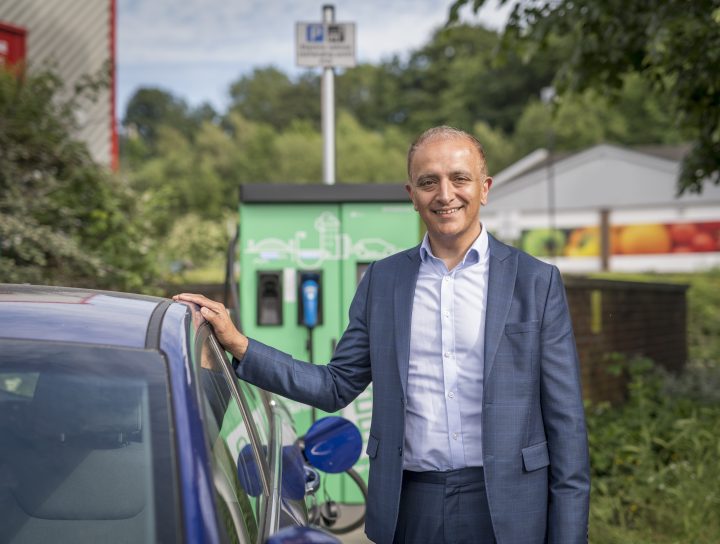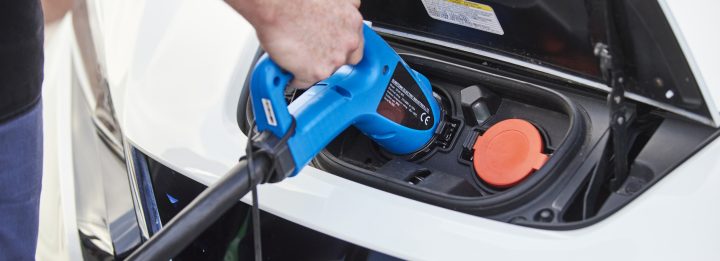Britain’s EV charging network not fit for purpose, according to transport experts.
The UK is way behind schedule in installing chargers and many regions in the country are being forgotten.
Asif Ghafoor (below) is a veteran of infrastructure delivery and the co-founder and CEO of national charging network Be.EV and said,“The government’s target of ‘300,000 chargers by 2030’ has been plucked from the air – the country’s power grid cannot support electrification at that level.

“If the government is truly committed to mass electrification of transport, they should invest in our national grid infrastructure and prioritise reliable, convenient charging hubs for communities.
“The challenge is all-encompassing – every leg of the planning, permissions, sourcing power and building process slows an installation down.”
He added, “Landowners, including a lot of local councils, are sitting on their land and are hesitant to offer it up to charging. Even once a charger company gets access to land, they face tedious application processes for power access that are mired in bureaucracy.”
Many local authorities are delivering slow charging facilities that are not future proof. Planners and government insist on chargers at homes, most of which will be redundant technology and never used, blocking power supply to the network.
“The issue is that every council in the UK is starting from scratch. There isn’t yet a standardised approach or centralised thinking. Some local governments are making fantastic progress – as a council partner, Transport for Greater Manchester (TfGM) has been the gold standard following a series of projects together. We now need to see this proactivity and collaboration replicated in local governments across the country.”

Tristan Thomas, (above) co-founder and CEO of all-electric courier company Packfleet added,“More EVs in the UK is a good thing, but having nowhere to charge them isn’t.
“Securing the van is the first challenge, the second is ensuring you can charge it efficiently.
“Packfleet currently operates only within the M25, so locating chargers on the road if we need them en route is not usually a problem.
“London has begun to invest in the charging network, but the same can’t be said for the rest of the UK.
“While the nationwide charging infrastructure catches up, Packfleet vans are charged at our warehouse overnight.
He went on, “We’ll always build chargers into our depots to reduce the amount of times drivers need to stop and refill on the road. However, we do still need to know that we can charge our vans during a delivery trip.
“Drivers have recently begun to notice the queues forming next to EV chargers on the street – shortages are beginning to show.
“There’s a lot of noise around this issue – charging infrastructure is under the microscope. With the main challenges identified, governments and manufacturers should focus on working together by investing in areas in urgent need of new charging points.”

